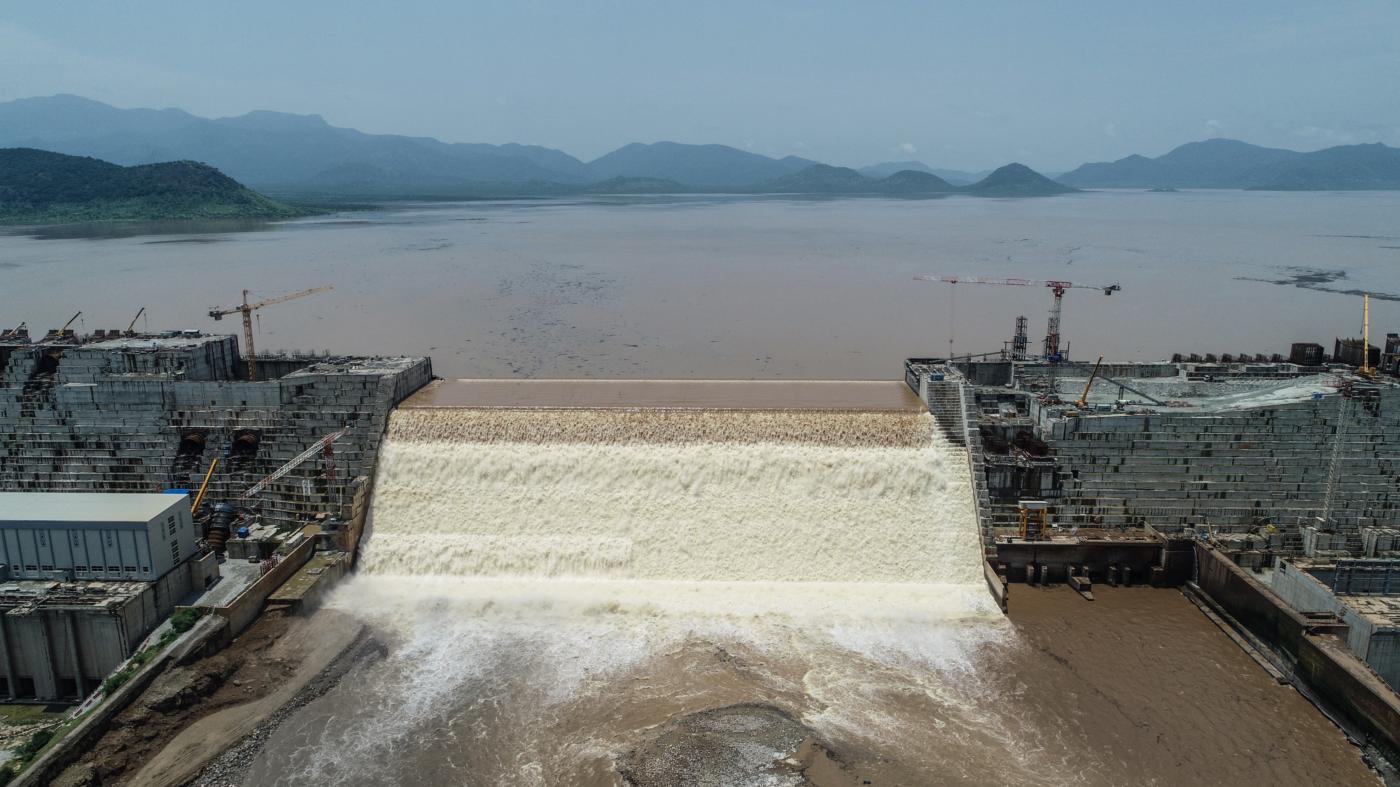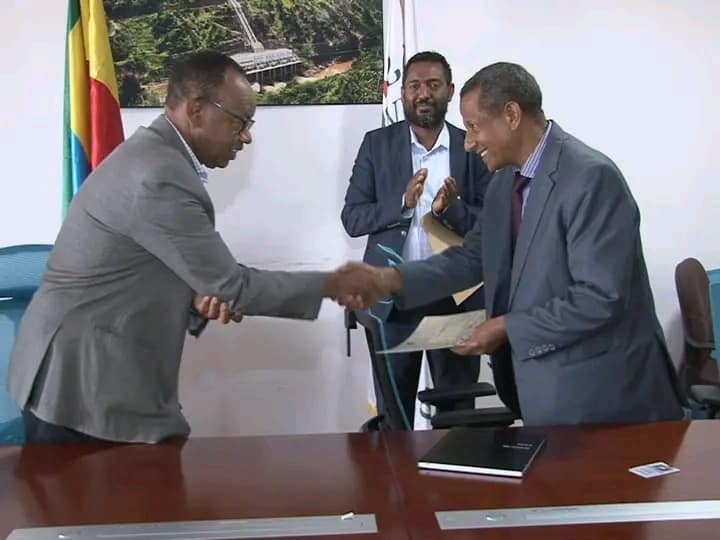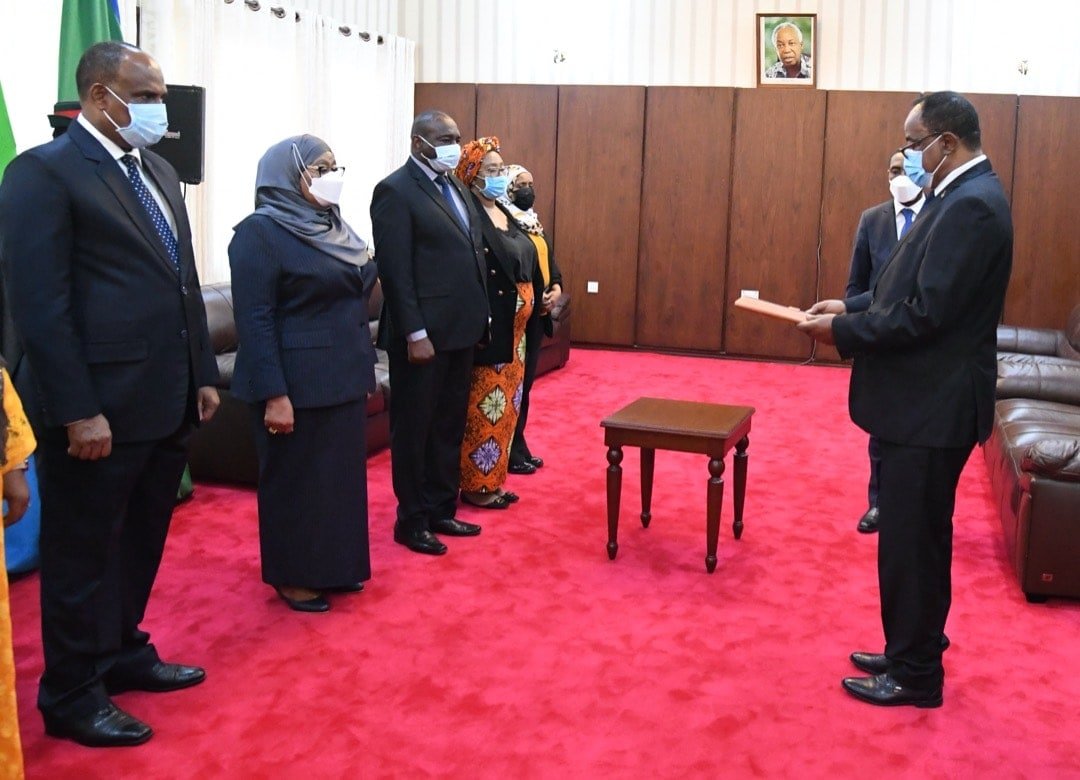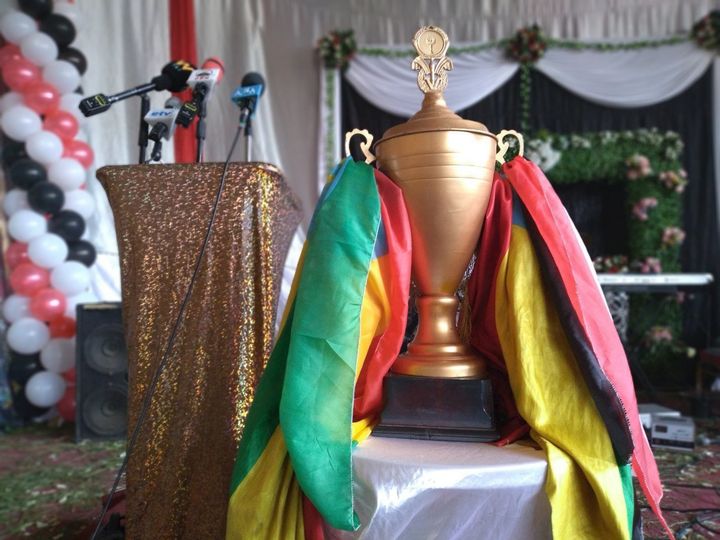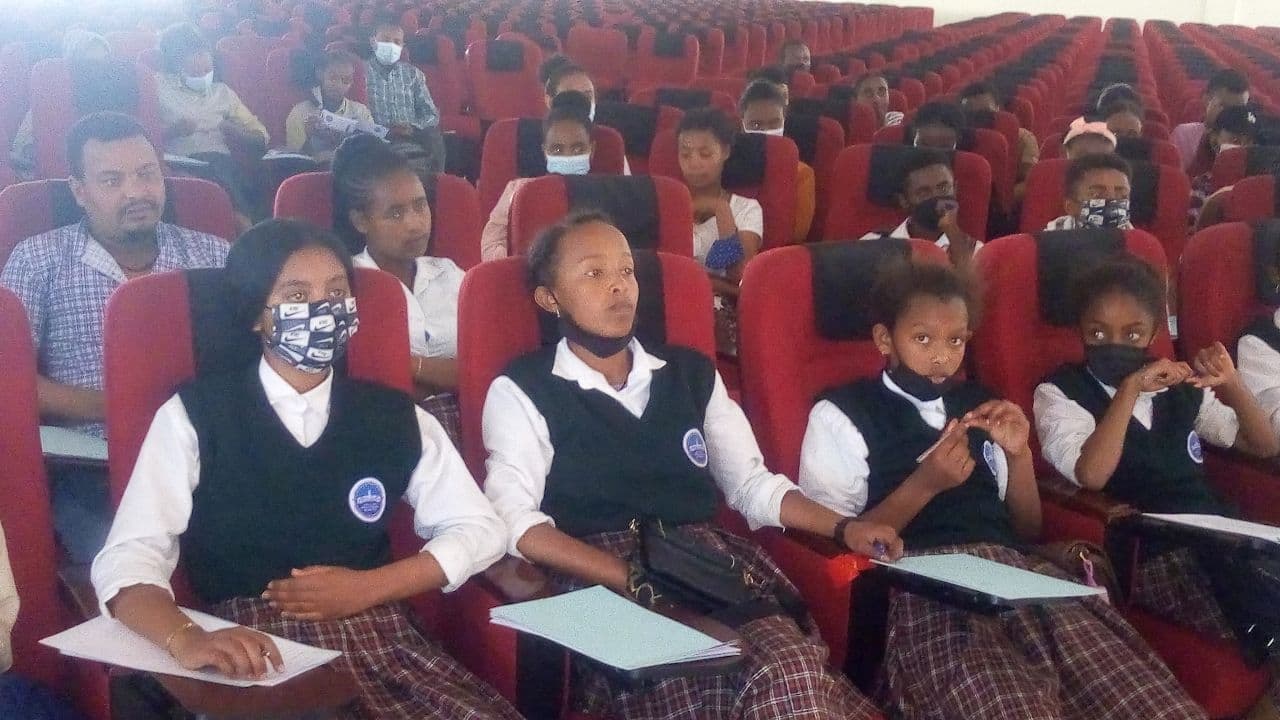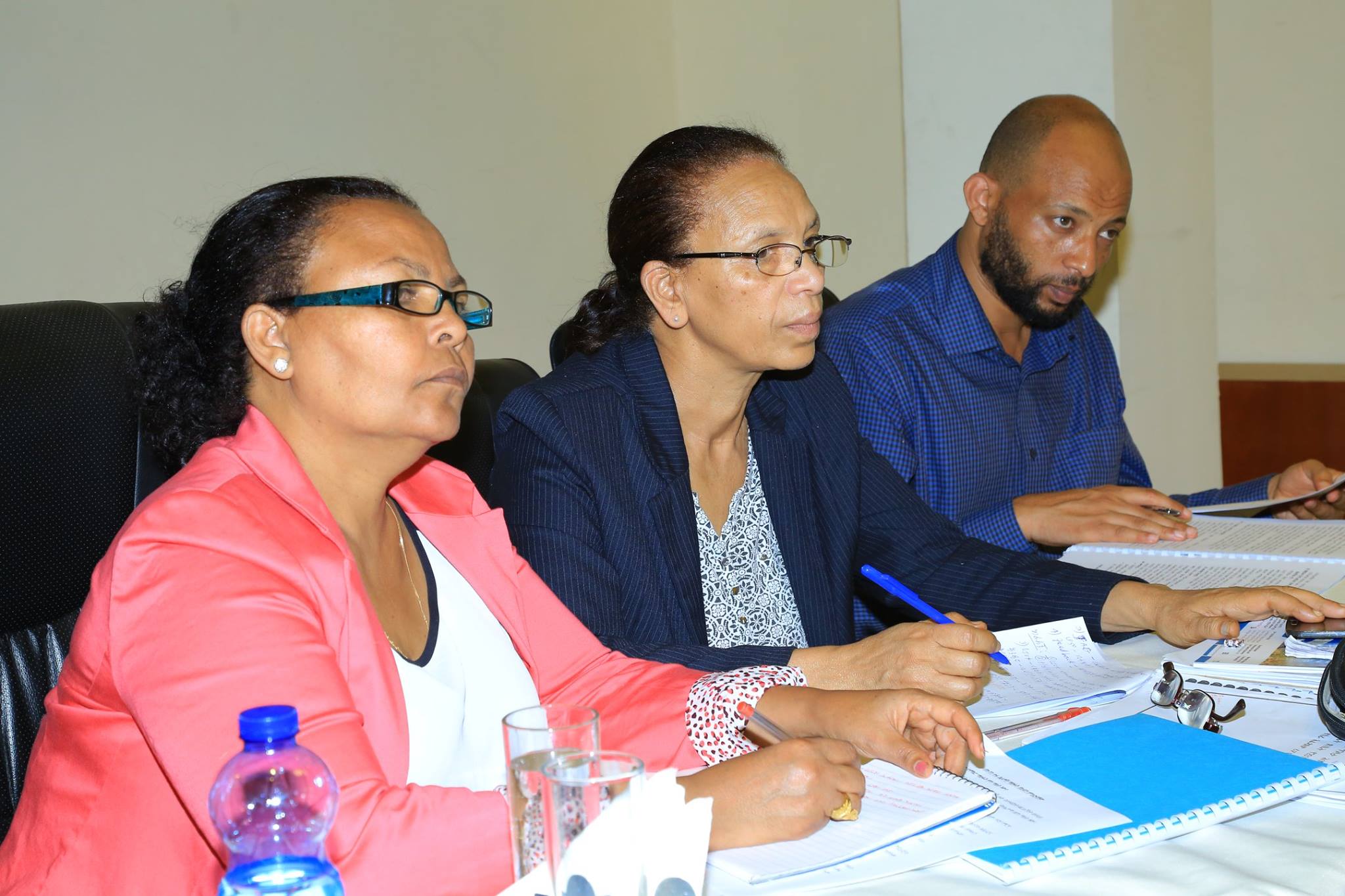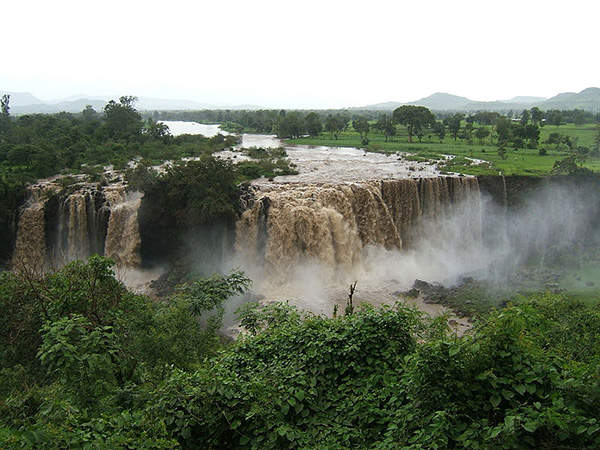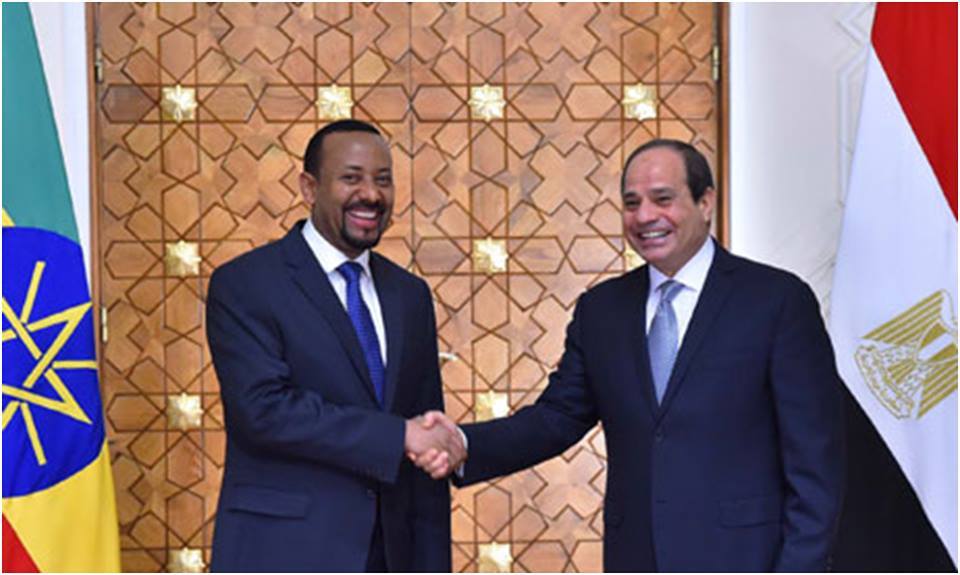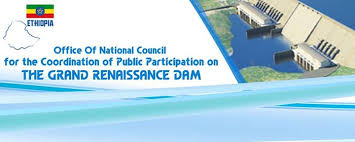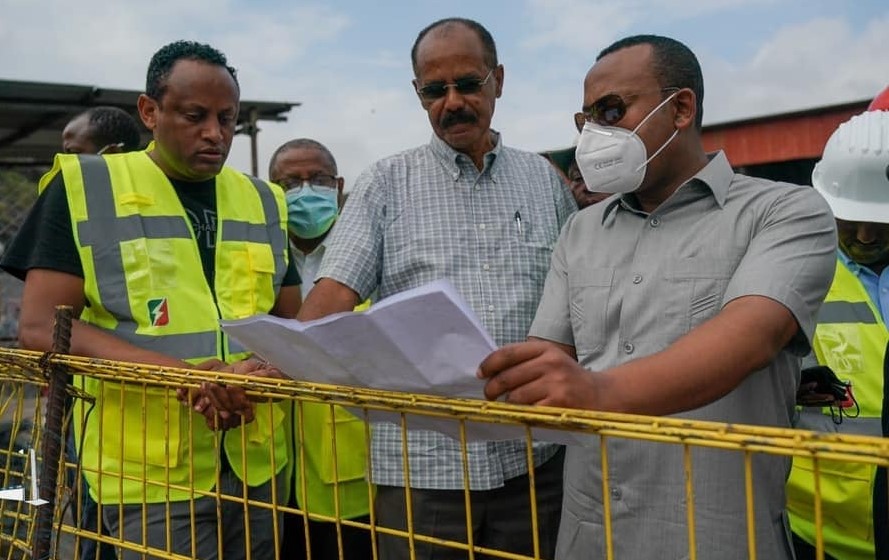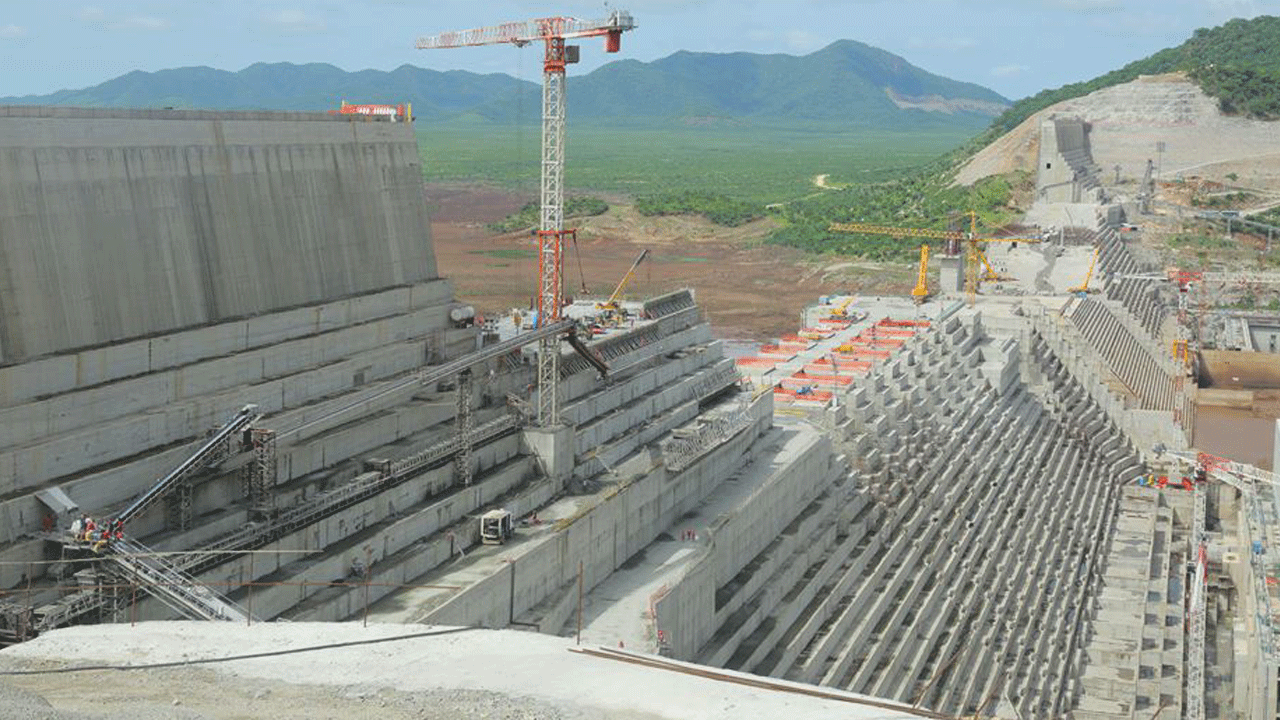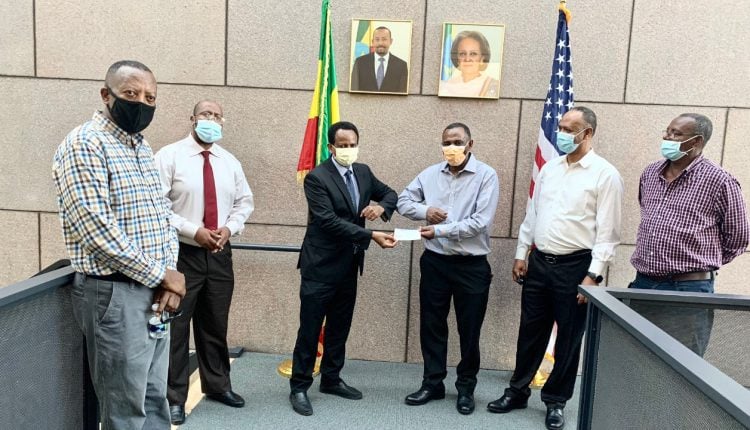The Grand Ethiopian Renaissance Dam or GERD. - Welcome
Nested Portlets
Asset Publisher
Web Content Search
Facts about the Dam
Asset Publisher
Events
Asset Publisher
The Grand Ethiopian Renaissance Dam or GERD.
20 FEBRUARY 2021
The Reporter (Addis Ababa)
OPINION
A famous Ethiopian metaphor, "two tongues in one head" is used to describe inconsistencies noticed in a person's arguments made at different times on some important affair. This is true of the Sudan government that is observed wavering equivocally with respect to its position on the Grand Ethiopian Renaissance Dam [GERD]. A country with prior experience of building several dams than Ethiopia does, Sudan had had genuinely understood what the GERD really means to Ethiopia through the tradeoff between recognizing the right of Ethiopia and evaluating the impacts that the GERD causes on the welfare of downstream communities vis-à-vis the possible mitigation measures instead of being recklessly selfish.
GERD is not obscurely a different dam from those built elsewhere including in the Sudan that has built prodigious number of dams along the Nile River basin. Not satisfied with existing number of dams, it has future plans to increase the number of dams along the same river basin like putting beads on a string to make jewelry. So does Egypt that is using the land of subordinate Sudan as its natural water reservoir for its sustenance as it has long been said that "the wise eats food and cleanses on the fool's mouth". Sudanese academia know very well that only water management, not the presence or absence of more adjacent dams, matters when it comes to water distribution given the natural flow of the river is unabated and as the God's blessing gives us adequate downpour of rains every rainy season.
Sudan and Egypt are seriously engaged in demonizing the GERD sometimes together and sometimes independently out of political creed focusing on depriving Ethiopia of its sovereign right to use its water. At times the leaders of the two countries had went on sarcastically saying that they have neither contention nor ill intention over poor Ethiopia using its water for development and as yet they soon swirl to argue that it will be the end of everything if Ethiopia makes use of its water. The Abbay River that Egypt and Sudan are obstinately lingering on under the pretext of vested right with the benefit of doubt of the international law of transboundary rivers, is my life blood. They do so as if the two countries have made any contributions for Ethiopia to assist its upstream biodiversity conservation and watershed rehabilitation or have paid royalty payments to enhance development activities in the region.
The Egypt government has ever since shamelessly tried to deny Ethiopia access to its water, but the attitude of the Sudanese government towards a monopolist control over the water was not as such rigid until very recently. The government of Sudan sometimes appeared to opt for cooperation with Ethiopia over the GERD. Officials of the government during President Albeshir recognized that there is no blue chip than cooperation with Ethiopia when it comes to the utilization of the transboundary river.
In an historical scientific workshop on GERD in which I participated, the then Irrigation Minister of the Sudan loudly expressed his government's outstanding position concerning common views related to the GERD. The workshop convened in Khartoum University [KU] on 1-3 March 2017 after the first round workshop was hosted byAddis Ababa University during the previous year as per joint agreement for cooperation in research signed between the two sister universities. The Khartoum workshop theme: Expected Impacts of GERD saw over 14 presentations, 11 from the Sudan and 3 from Ethiopian presenters. The guest of honor of the workshop representing the Supreme Counsel of the government of Sudan as captured from his speech during the opening ceremony had inspiringly reiterated the following seemingly promising reflective tips.
Water is limited but we can enhance benefits using our academic role, maximize benefit with more knowledge base;
When we cooperate, we can share benefits over sharing water and go to win-win situations;
Any dam, Meroe, High Aswan Dam, GERD ... do not have all benefits, in fact there are other things that we need to look at ease, improve, solve, continue to solve;
Conflict will bring nothing to us, but we will all lose;
We should not exclusively give it to the politics, it is our responsibility as scientists to be honest, learn more every day. If we think that what we learned is the end of it, we will not give the politicians/decision makers a good advice;
I would have loved if this dam had been a joint project of the three countries.
These bright opening remarks of his Excellency, as bright as they were, had shed green light over the possibilities of transforming the Blue Nile issue into a happy issue, and "scale up relations of the two countries from water sharing to benefit sharing" through mutual cooperation in development.
But what is the Sudan government really saying now? Unlike his predecessor, the present Minister of Irrigation of the Sudan, Yassir Abas has been heard uttering differently and oppositely saying "the filling of the GERD is hazardous". Here is where the famous metaphor, "two tongues in one head" comes. The metaphor describes a spell of negative utterance of the above Minister over writing a positive remark once previously delivered from the same source i.e. the government of Sudan. It is an irresponsibly dangerous ambivalence with respect to building trust among the two parties connected by the Nile infinitely. The two countries are destined to share this common pool resource, not by choice but by the order of nature that generously placed them up and down stream. Why are the previous positive official remarks on the GERD evaporating today in the cloudy sky of the Sudan? Why is the new irrigation Minister rejecting established remarks following governmental change in Sudan?
This flip flop behavior of the Sudan government incites me to go back in time line to navigate in the Khartoum workshop venue reviewing the scene of the observed behavior of the workshop participants. The workshop is unforgettable as it had served for some as a proxy to legitimize Egypt's bare propaganda, truly hearsay often propagated usually among honest laymen and prejudiced groups regarding the potential harmful impacts of the GERD. No matter where the scientific truth leads to, some presenters had to simply conclude that the GERD is harmful. In science, however, it is the research finding that directs the researcher's conclusion, whether desired or undesired, not the researcher dishonestly using the topic to reach at the desired conclusion.
It is not overemphasizing that the Khartoum Workshop had been a wonderful platform to learn about the inherent attitude of some of the Sudanese academia towards the GERD, especially those carrying a third party interest. Two contradictory behaviors were clearly noted over the GERD issue, a positive attitude and good political will from the government of the Sudan and a negative attitude and bad will of some Sudanese participants of the workshop reflecting a glimpse of cloud of lack of perfect congruence between the stand of the government of Sudan and the views of the academia. Using the opportunity of a wide array of topics, these infiltrates of Egypt generalized the GERD as the Pandora's Box that opens a hell lot of threats to downstream communities. They attempted to use all topics as a spring board to argue over scientific assumptions about GERD based on their textbook knowledge to end up in biased conclusions and recommendations. Truly speaking, this was against the views of the then political compatriots and was intentionally done in defiance of the sound opening remarks offered by the guest of honor of the workshop.
Sheer disregard for research ethics was detected that informed the inquisitive mind about the propensity for insidiously using the scientific fora under-research-in-disguise to blame the GERD. A myriad of topics: expected filling scenarios, impacts on environment and microenvironment, archaeological, agriculture, forests, pastures, downstream flow and energy production, animal health, public health, cross boundaries human diseases, wild animals and protected zones in Sudan were all used to file a charge against the GERD of causing all types of harmful impacts on downstream countries. In pursuit of sound political or administrative decision based on scientific facts adhering to scientific principles is a means to give unbiased advice to decision makers. As academia, those Sudanese participants could have realized that researcher bias driven by conflict of interest sometimes diverts the attention of political leaders.
Subsequent to the observed behaviour of those workshop participants, their Ethiopian counterparts felt two concerns of fear instigating a call to the then Ambassador of Ethiopia to Sudan, His Excellency Ato Abadi Zemu, for discussion where the team had comfortably lodged in the 5-star Hotel, Corinthia. The ambassador had left us in the workshop venue after he availed himself at the ceremonial opening with the guest of honour; but since then Beyene, an embassy staff was staying with us. At Corinthia, we had a chat with the ambassador, a person very much convinced of his naïve perception of what he said "we have good relations with the Sudan government, but was least worried about our concern. It seemed that he relied on the good office of President Albeshir for every security information relevant to Ethiopia. Anyways, we finished our chat after endorsing the two concerns for future perusal of the embassy.
One of the concerns was that biased assertions cracked by few Sudanese academia on the GERD might probably gradually bolster and spread out to misguide political elites in the Sudan to adopt the view that the GERD had dangerous consequences. Political leaders are as good as the quality of the political advice they receive from their hidden political master minds. As it has been feared, the Sudanese elites have manipulated the workshop output to an undesirable end in evidence of which the current Minister of Irrigation of the Sudan childishly told the world in the other tongue that "the filling of the GERD is hazardous". It seems that the GERD has evolved to a demon dam after his predecessor had approved the dam in his opening remarks at the beginning of a workshop launched three years ago in the Sudanese Capital, Khartoum.
The other concern was perhaps the political leaders might change their minds or the government change its stand, the bias might get momentum to diffuse at large into the honest public and use the GERD issue to elicit conflict between the two sister nations. I bid that the position of the new Sudan government with regards to the GERD and venturing into war with Ethiopia stems not only from the chameleonic behavior of political elites but also due to pressure from the Sudanese academia who were Egypt's proxy. Now, a perfect congruence between the political and academic elites in Sudan on GERD has been attained under the ceiling of fulfilling national interests amidst political differences. As we can currently see in the streets of Khartoum and Egypt, there is civic havoc claiming democratic rule and better living conditions, but all inherently have common firm stands on the GERD.
In the true sense, GERD is a dam like Meroe, Rosaries, Sinar, or the High Aswan Dam. The likelihood of impact caused to downstream communities due to the GERD is what can naturally happen to respective downstream communities due to any one of these dams built in the territory of the Sudan. The difference is that the GERD is in the territory of a neighbouring country, Ethiopia. Should these three countries get united to form one big state as related the people are by common descent, nobody would have blamed the GERD as a bad dam. Hence the issue of the GERD for Egypt and Sudan is purely politically driven.
Sudan and Egypt realize the very importance of the GERD to downstream communities including removing up to 86% of silt and sedimentation, avoiding un-expected flooding and regulating the steady water flow throughout the year through conserving the water in Ethiopian highlands where there is lower evaporation of water. The 2020-2021 summer rainfall has demonstrated that the allegation of the politicians of the two countries about drops in river flow due to GERD impacts is not real. For instance, had the GERD not checked the overflow of water subsequent to its first-filling that was completed within few days of rain, over flooding could have resulted particularly in Sudan. They know that the river can supply sufficient water flow for downstream countries and may even be sometimes unmanageable to hold back the flow.
Close
SIGN UP FOR FREE ALLAFRICA NEWSLETTERS
Get the latest in African news delivered straight to your inbox
Top HeadlinesEthiopiaConstructionOceans
someone@example.com
By submitting above, you agree to our privacy policy.
The apparent reason of water sharing that Egypt is reverberating is absolutely fake and used to cover up its real reason. The real reason of Sudan and Egypt is the suppression of Ethiopia's ongoing efforts of economic development that the country is making to achieve food self-sufficiency of its people. To put it precisely, they are jealous of the growth and development of the country. Ethiopia, at least for the present time, aspires to generate electricity to fulfil its domestic needs for electric power and generate income from sale of electricity to neighbouring countries that also maximizes the benefit that the GERD accrues to downstream countries.
Egypt and Sudan have taken the wrong track due to influences of dissenting voices of elites and activists, of arrogant political and military leaders. Apart from that, the GERD is a panacea to both upper stream and downstream communities. Also using Sudan, which has a boundary claim with Ethiopia, as a proxy, Egypt may want to conquer Ethiopia's assertion over the Nile waters and preserve the legendary old story of the Sudan-Egypt water treaty that is absolutely spiteful to Ethiopia. Sudan has already occupied part of our territory to the best of its boast saying that it has so far regained 90% of its claim from Ethiopia.
The experience Egypt has developed in ruling over the Sudan also gave her the impetus to try to rule over Ethiopia that is building the GERD in its own territory. With unsupported brand name of the Gift of the Nile and a fake narrative of a Country of Origin of the Nile, Egypt is misinforming and misleading the world's community particularly the Arab World as it did with kids of the Arab Republic of Egypt disseminating false information about the River Nile in curricular materials. It also wishes to navigate a long distance to conquer the true Kings of the Nile, Ethiopians.
Could anyone, therefore, substantiate why Sudan has two tongues in one head unlike its compatriot, Egypt having only one stiff tongue that always irresponsibly speaks about its military might and false ownership claim of the Abbay water? As the Ethiopian saying goes, a sound judgement follows deep visual observation. Would the African Union, UN, EEC, EU, USA which have their spectators courting in Addis Ababa and thus know everything, and the world community at large, call a spade a spade and tell Sudan and Egypt to stop confusing the world and waging water war on Ethiopia? Learning from those of Sudan, may the Ethiopian academia and political elites hiding in their ethnic shells kindly share this serious unifying issue at least in the recess time before the next session of ethnic politics begins? Long live Ethiopia!
Contributed by Hussien Adal Mohammed [PhD]
Photos about GERD
About Us
Benefits of the Grand Renaissance Project
At the completion of the project, the average generation of 15,759 Giga watt hours per year will have a significant contribution to the national electricity system. The contribution of this project will be higher to reach the targets set by the rural electrification villages and to increase the supply from 44% to 90%.
The major components of the project
The Grand Ethiopian Renaissances Dam is being constructed for the purpose of generating electricity with total installed capacity of average annual energy production of about 15,759 GWh/yr.
Discharge rate about 1,547 m3/s.
The reservoir area will cover 1,874 square kilometers at full supply level of 640 meters above sea level maximum amd 590 metres minimum.
It has a 1.8 km length and 145 m height Roller Compacted Concrete dam.
Saddle Dam embankment of length 5.2 km and height 50 m.
The total storage volume is 74 billion cubic meters
